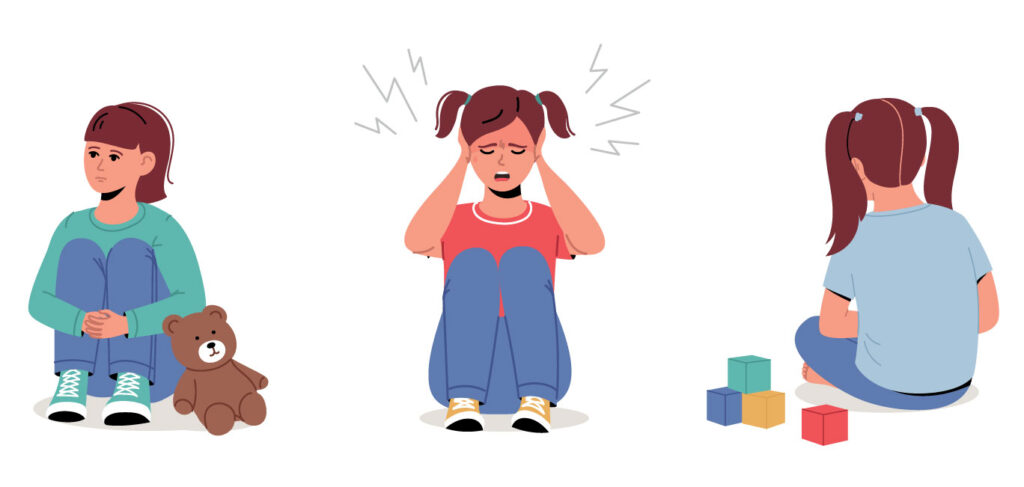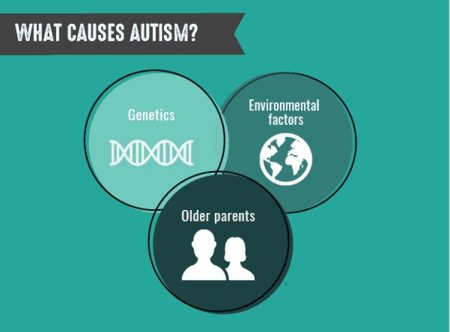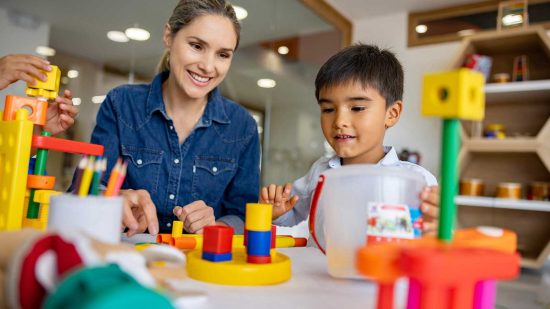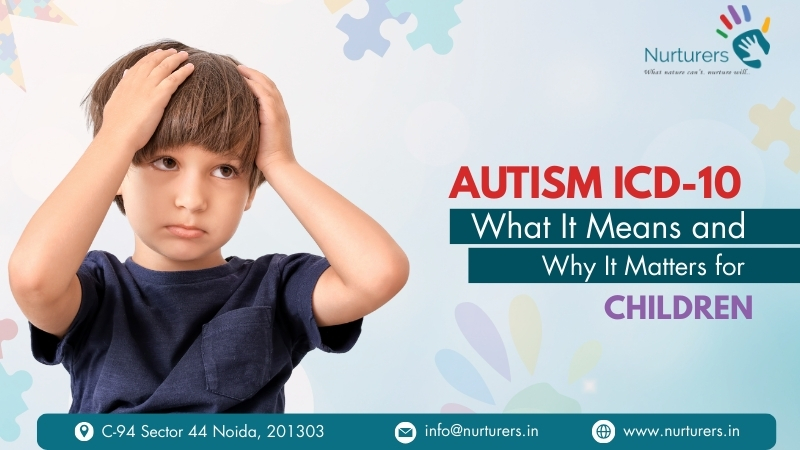The ICD-10, short for the International Classification of Diseases, 10th Revision, is a global medical coding system used by doctors and health professionals to classify and diagnose various conditions, including Autism Spectrum Disorder (ASD). For children with autism, the autism ICD-10 provides a standardized code—F84.0—which ensures clarity in diagnosis, treatment planning, and access to therapies worldwide.
Understanding this classification is important for parents because it helps them recognize how professionals identify autism, what criteria are considered, and why accurate diagnosis matters. Early recognition using ICD-10 codes not only allows children to receive timely therapy and educational support but also makes it easier for families to access government schemes, insurance benefits, and special accommodations in schools.
What is the ICD-10 Code for Autism?
The International Classification of Diseases, 10th Revision (ICD-10) is a system developed by the World Health Organization (WHO) to classify medical and developmental conditions worldwide. In ICD-10, autism is listed under Pervasive Developmental Disorders (PDD) with codes such as:
- F84.0 – Childhood Autism: Refers to classic autism with clear signs of delayed language, difficulty in social interaction, and repetitive behaviors, usually appearing before the age of 3.
- F84.1 – Atypical Autism: Used when symptoms are milder, appear later in childhood, or do not meet the full criteria of childhood autism.
- F84.5 – Asperger’s Syndrome: Children often have normal or strong language and intellectual abilities but struggle with social skills and may show very restricted, intense interests.
- F84.9 – Pervasive Developmental Disorder, Unspecified: Applied when the child shows autistic features but does not fit neatly into any of the above categories.
Today, many professionals use the broader term Autism Spectrum Disorder (ASD). Whether you see “ASD” or an ICD-10 code like F84.0 on your child’s report, both describe the same condition.

Causes and Risk Factors of Autism
The exact causes of autism are still being researched. It is widely accepted that autism is not caused by parenting style or environment, but rather results from a mix of genetic and biological factors.
Some known risk factors include:
- Genetics: Autism often runs in families, and certain genetic conditions (e.g., Fragile X, Rett syndrome) increase risk.
- Brain Development: Differences in brain connectivity and structure may play a role.
- Pregnancy Factors: Premature birth, low birth weight, or certain maternal infections can increase the likelihood of autism.
- Environmental Triggers: While not direct causes, factors like exposure to certain toxins during pregnancy may add to genetic risk.
Autism is a neurodevelopmental condition, meaning the brain processes information differently. It is not an illness to be “cured” but a condition to be understood and supported.

What are the Symptoms of Autism Spectrum Disorder?
Symptoms of autism usually become noticeable in early childhood, often before the age of three, although in some children they may appear later. The severity and combination of symptoms can vary widely, which is why autism is described as a spectrum.
Social and Communication Differences
Children with autism often experience challenges in how they interact with others. Signs may include:
- Limited eye contact or avoiding looking directly at people.
- Delayed speech or language development, or in some cases, advanced vocabulary but difficulty using it socially.
- Difficulty starting or maintaining conversations—may repeat phrases (echolalia) instead of answering directly.
- Preference for playing alone rather than joining group activities.
Behavioral and Sensory Patterns
Autism also affects behavior, interests, and sensory processing. Parents may notice:
- Repetitive movements like hand-flapping, spinning, or rocking.
- Strict routines and resistance to change, leading to meltdowns when plans are altered.
- Highly focused interests in specific topics, objects, or activities (e.g., trains, numbers, maps).
- Sensory sensitivities—such as covering ears to block loud sounds, being extremely selective with food textures, or discomfort with certain fabrics.
Strengths and Abilities
While autism brings challenges, many children also display unique strengths, such as:
- Exceptional memory for details, especially for facts, numbers, or events.
- Strong focus and concentration when engaged in topics of interest.
- Unique problem-solving or creative skills, often approaching tasks in innovative ways.
- Honesty and reliability, as many children with autism are very straightforward and genuine in communication.
Every child on the autism spectrum is different. Some may need more support in communication, while others may excel in academics but struggle socially.

How Therapy Helps Children with Autism
Early intervention makes a huge difference in helping children with autism reach their potential. At Nurturers, Noida, we use a mix of therapies to support growth:
- Speech and Language Therapy: Speech therapy helps children with autism improve the way they understand and express language. For some children, it means learning to say their first words, while for others it focuses on improving sentence structure, clarity, and social use of language.
- Occupational Therapy (OT): Occupational therapy helps children gain independence in daily activities and cope with sensory challenges. It focuses on fine motor skills like writing or buttoning clothes, gross motor skills such as balance and coordination, and self-care routines like eating or dressing.
- Behavior Therapy (ABA/Play-based): Applied Behavior Analysis (ABA) and play-based therapy help children learn positive behaviors and reduce challenges.
- Social Skills Training: Many children with autism find social interaction challenging. Social skills therapy teaches how to make friends, share, take turns, and understand emotions.
- Parent Coaching: Parents are essential partners in therapy. Parent coaching sessions guide families on how to reinforce strategies at home, manage challenging behaviors calmly, and build structured routines.
Therapy is not just about reducing challenges—it’s also about building strengths, improving confidence, and preparing children for school and daily life.

How is Autism Spectrum Disorder Diagnosed?
Diagnosis is a careful process that involves multiple steps. A single test does not confirm autism; instead, professionals use a combination of observations, checklists, and developmental history.
Typical diagnostic steps include:
- Developmental History – Parents share milestones like first words, walking, and social behavior.0
- Behavioral Observation – Specialists watch how the child plays, communicates, and responds.
- Standardized Assessments – Tools like ADOS (Autism Diagnostic Observation Schedule) or CARS (Childhood Autism Rating Scale) may be used.
- Medical and Psychological Evaluation – Conducted by a developmental pediatrician, child psychiatrist, or clinical psychologist.
- ICD-10 Code Assignment – After confirming findings, the clinician records the diagnosis using an ICD-10 code such as F84.0.
At Nurturers, once a child is diagnosed, we explain the report in simple language, guide families step by step, and build a therapy plan tailored to the child’s needs.

Final Thoughts
The Autism ICD-10 code is not a label to fear—it is a tool that helps open doors to therapy, school support, insurance, and government services. What truly matters is early diagnosis, consistent therapy, and active family involvement.
At Nurturers, Noida, we look beyond the code and focus on the child—helping them build communication, independence, and confidence for a brighter future.

